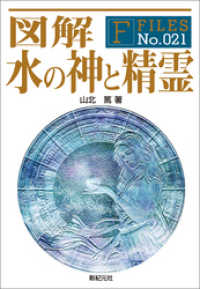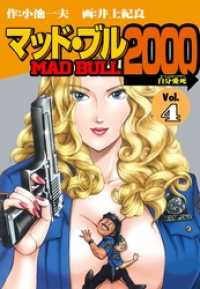Full Description
Rossini was one of the major innovators in the field of opera. Moïse et Pharaon is a score which he revised for Paris ten years after it had been composed for Naples; the result shows the evolution of his taste over a decade - from the neoclassical sublime to spectacular Romantic grand opera. Il barbiere di Siviglia has been a favourite with the public since it opened, and Marco Spada analyses how its stylish comedy has been misunderstood. Other essays throw light on the working conditions of the "opera industry" in Rossini's Italy, on Balzac's delightful novel concerning Moses and on the exceptional challenge of performing this type of music to a high standard.
Contents: Rossini: the Serious and the Comic, Philip Gossett; The Composer at Work, John Rosselli; The Roots of a Masterpiece, Marco Spada; A Personal View of Rossini, Ubaldo Gardini; Il barbiere di Siviglia: Libretto by Cesare Sterbini; The Barber of Seville: English version by Edward J. Dent; Balzac, Stendhal and Rossini's 'Moses', Pierluigi Petrobelli; From Sublime to Romantic, Richard Bernas; Moïse et Pharaon: Libretto by Victor de Jouy and Louis Balochy; Moses: English translation by John and Nell Moody
Contents
List of Illustrations Contributors Rossini: the Serious and the Comic by Philip Gossett The Composer at Work by John Rosselli The Roots of a Masterpiece by Marco Spada A Personal View of Rossini by Ubaldo Gardini Thematic Guide 'Il Barbiere di Siviglia' libretto by Cesare Sterbini 'The Barber of Seville' English version by J. Dent Act One Act Two Balzac, Stendhal and Rossini's 'Moses' by Pierluigi Petrobelli From Sublime to Romantic by Richard Bernas Thematic Guide 'Moise et Pharaon' libretto by Victor de Jouy and Louis Balochy 'Moses' English translation by John and Nell Moody Act One Act Two Act Three Act Four Bibliography Discography








